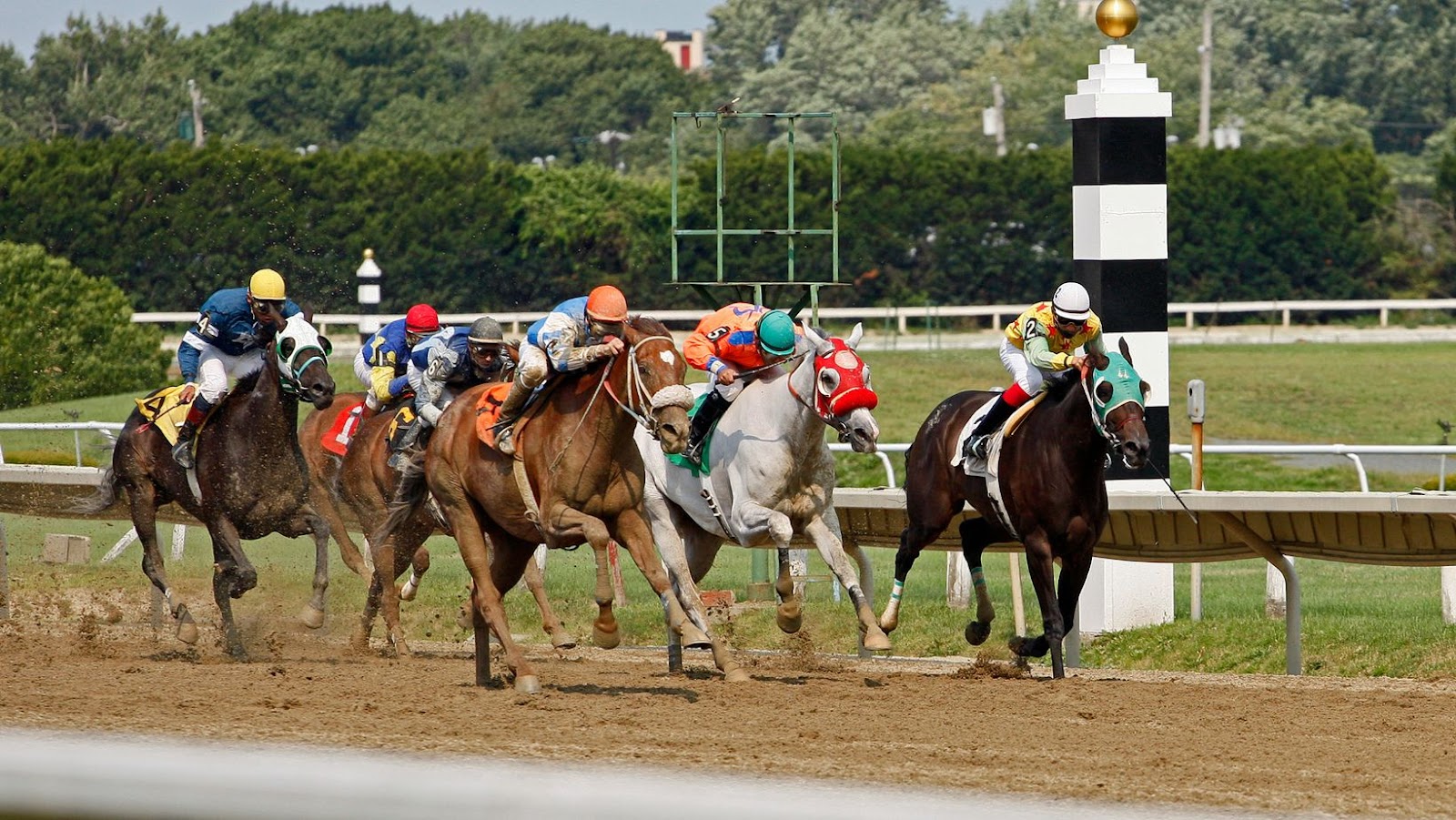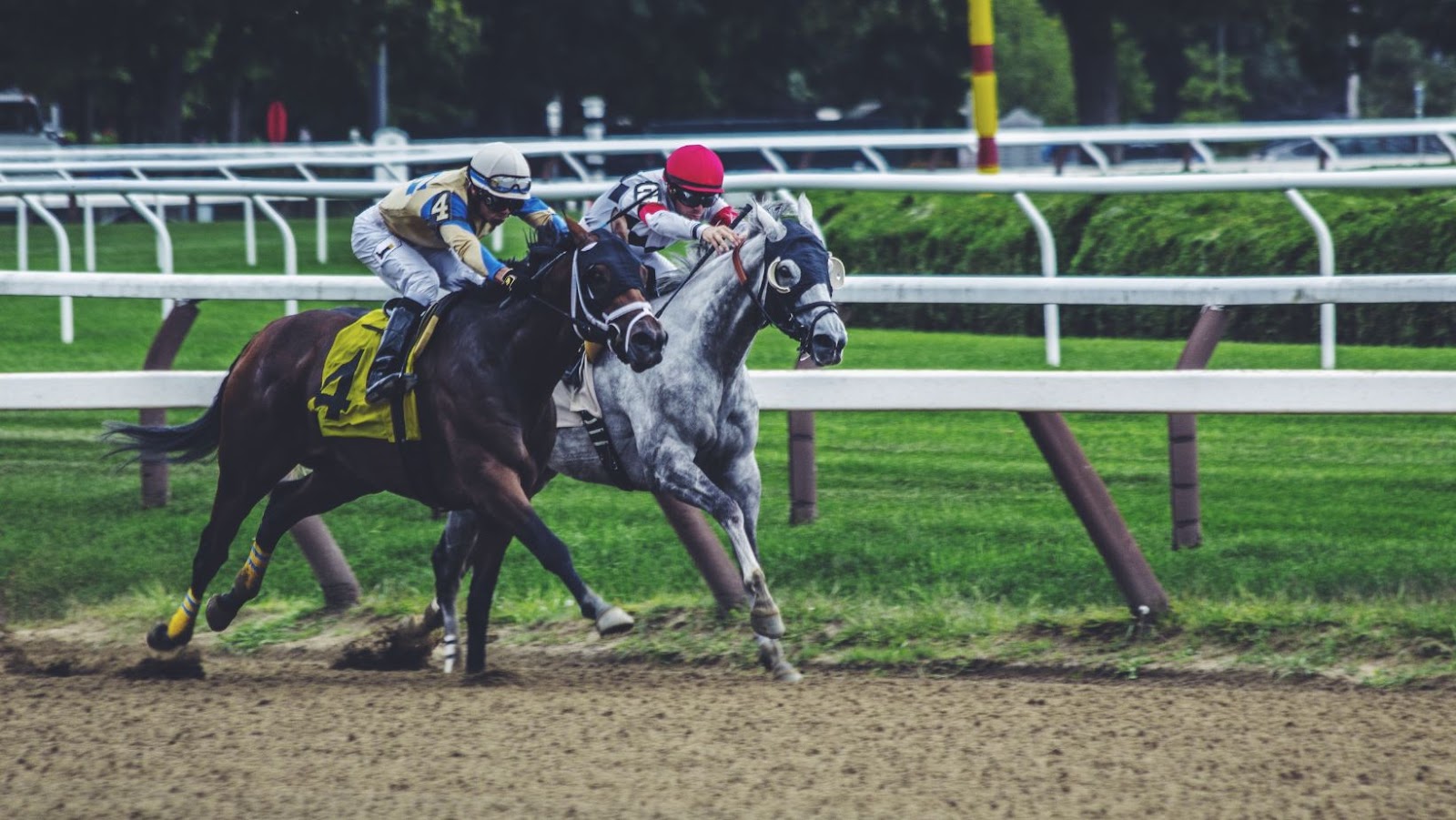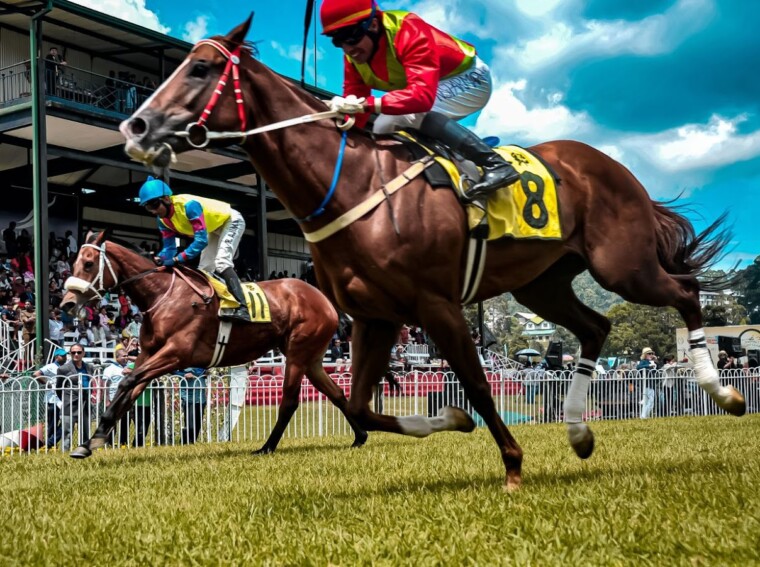Horse racing is a popular sport that is enjoyed by many people all over the world. Betting on horse racing can be a fun and exciting way to get involved in the sport, but it can also be overwhelming for those who are new to it. This article aims to provide a comprehensive guide to horse racing betting.
The Different Types of Bets
There are several types of bets that can be placed on horse races, including:
- Win: Betting on a horse to come in first place.
- Place: Betting on a horse to come in either first or second place.
- Show: Betting on a horse to come in first, second, or third place.
- Exacta: Betting on the horses that will come in first and second place in a specific order.
- Trifecta: Betting on the horses that will come in first, second, and third place in a particular order.
- Quinella: betting on the horses that will come in first and second place in any order.
- Daily Double: Betting on the winners of two consecutive races.
- Pick 3, 4, 5, 6: Betting on the winner of a specific number of consecutive races.
It’s important to note that the odds and payouts for these bets can vary depending on the race and the track. Additionally, there are many other variations of horse racing bets, but those are the most common types of bets you can place. Before placing any bet, it’s essential to understand the rules and regulations of the specific track and to have a good knowledge of the horse and jockeys participating in the race.
Understanding the Odds
Horse racing odds are determined by the bookmakers based on the likelihood of a particular horse winning a race. The odds represent the return that a bettor will receive for every dollar they wager. For example, if a horse has odds of 2-1, this means that for every dollar bet, the bettor will receive $2 in winnings if the horse wins, plus the return of their original dollar bet.
Bookmakers use a variety of factors to determine the odds for a horse, including its past performance, the skill of its jockey and trainer, and the conditions of the race (e.g., track conditions, the distance of the race).
Making informed betting decisions is important to understand the odds and how they relate to the chances of a horse winning. The lower the odds, the higher the chances of the horse winning. However, it is also important to consider other factors such as form, jockey, trainer, and the conditions of the race.

It is also important to be aware of the different types of bets available. The most common types of bets include win, place, and show bets. Win bets involve picking the horse that will come in first place, while place and show bets involve picking a horse that will come in either second or third place.
In summary, understanding the odds is an important part of making informed betting decisions in horse racing. The odds give an indication of a horse’s chances of winning, but it’s important also to consider other factors such as form, jockey, trainer, and the conditions of the race. Additionally, it’s important to be aware of the different types of bets available and what they involve.
Researching the Horses and Jockeys
Researching the horses and jockeys running in a race is an important part of making informed bets in horse racing. Here are some tips on how to gather information and use it to make informed betting decisions:
- Look at the horse’s past performance: Look at the horse’s past races, including the results, the track conditions, and the distance of the race. This will give you an idea of how the horse has performed in similar conditions in the past.
- Check the horse’s form: Look for patterns in the horse’s recent performances, such as a string of good or bad performances. This can give you an idea of the horse’s current form.
- Look at the jockey and trainer: The skill of the jockey and trainer can have a big impact on a horse’s performance. Look at their past performance and see if they have a good track record.
- Check the conditions of the race: Look at the weather forecast, the track conditions, and the distance of the race. These factors can all have an impact on a horse’s performance.
- Look at the odds: The odds give an indication of a horse’s chances of winning, but it is important to also consider other factors such as form, jockey, trainer, and the conditions of the race.
- Follow Horse Racing News and websites: Many websites provide horse racing news and expert analysis that can also help you make informed decisions.
Once you have gathered this information, you can use it to make informed betting decisions. For example, if a horse has a good track record at the distance and track conditions of the race and has a skilled jockey and trainer, it may be a good bet. On the other hand, if a horse has a poor track record and is being ridden by a less experienced jockey, it may be a riskier bet.

In summary, researching the horses and jockeys running in a race is an important step in making informed betting decisions in horse racing. Look at the horse’s past performance, form, jockey and trainer skill, track conditions, and odds to make informed decisions. Follow Horse Racing News, and expert analysis can also help you make informed decisions.
Summary
In conclusion, horse racing betting can be an exciting way to enjoy the sport and potentially make some money. However, it’s important to approach it with a sound strategy and knowledge of the basics in order to be successful. This horse racing betting guide provided an overview of the different types of bets, how odds are determined, and tips for researching horses and jockeys to make informed decisions. Remember always to do your research, understand the odds, start small, and have fun. With the right mindset and approach, horse racing betting can be a rewarding and exciting experience. It is always important to gamble responsibly and never to chase losses. Remember to set yourself a budget to ensure your gaming sessions remain fun.

